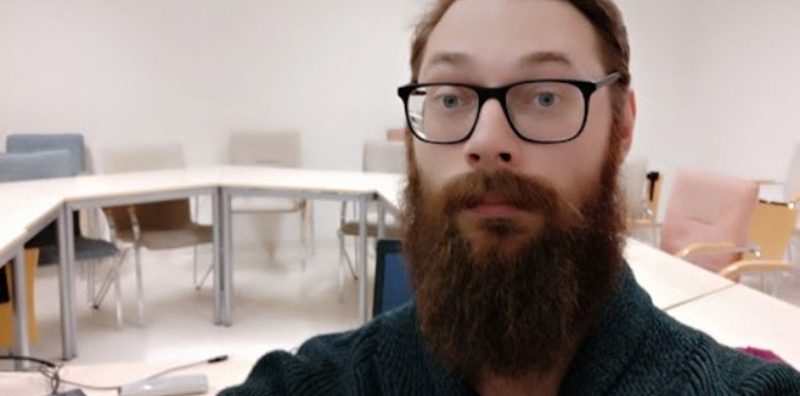
As a researcher, I’ve dedicated about 10 years of my life to the area of Psychology. The last 5 years I have been researching environmental psychology. In short, I try to determine how to encourage people to take care of nature and to choose more environment friendly alternatives in every day life. You can probably imagine that reality is rather a different story. Science takes its own path. Lawmakers and other interested parties are grateful for information they receive and there are only a few changes implemented based on research. During my rather short career as a researcher I have found that if you don’t yourself initiate changes yourself – no one will do that for you.
So, in what ways is the coronavirus, that is now raging, connected with the environment? Apparently in many ways. The pandemic has reduced the speed of the economy and it has also lessened buying of goods. That is why the biggest polluters at this time have a very small carbon footprint.This is not something new. It is apparent and evident. We had only to believe that his would happen.
However, for me, as an Environmental Psychologist, it is interesting to see how the public’s actions are changing during this quarantine period. And it appears that a wide sector of society, during this difficult period, has learned many new ways of acting and interacting, which allow to continue to live productively and which are also environment friendly. Thus, the Chinese coronavirus is akin to psychotherapy. It has taught” people throughout the world new, methods of behaviour –adaptive methods.
Some of us, at this time, work from home. Due to the fact that work, regardless of what the situation is, must be completed and we have to earn our salaries – we have to learn to cooperate with our colleagues and participate in meetings remotely. Work from home requires that we show results of our work. It is not enough just to show up in the office and make contact with colleagues. Now, working remotely, you have to produce results.
People in my circles admit that they get more done and are more productive during the quarantine period, because their work results are registered. So, we have not only learned to work remotely, but we have also learned to truly work. That has two serious implications. The first, that a large number of us, as well as our employers, will understand that there is no need to go to the office so that work would be done. Second, our employers and we, ourselves, will more closely monitor our work results. It appears that much of the work that we do daily can be completed without expending resources on gasoline, without standing in traffic jams and wasting time for travel to and from the office. That is good news not only for you, but also for the environment and for your family. You can spend more time with loved ones – time that was earlier spent traveling to the office.
Traffic jams would become a thing of the past, if we did not ourselves drive so much. I sincerely hope, maybe naively, that after the pandemic ends some employers and staff will come to the conclusion to continue on this path of working remotely. We will all profit from this.
Another positive development is that many countries throughout the world that have closed their borders, will slowly learn to live independently. Again, we are starting to realize the need to produce within our own countries. During this unusual quarantine period, it is difficult to import goods from cheaper importers. Maybe it means that we will have to remember that old slogan, “Buy Lithuanian!” Buying local not only allows for capital to remain inside the country, but is more environment-friendly also. There is no need to transport goods half way across the world in order to reach us. Regarding food this means lower transport costs and less pollution and more produce that is fresh. If behaviour is repeated enough it often becomes a habit.
I hope that at least some of this behaviour, which started during the pandemic, will become part of our lives, even when the pandemic is over. I have in mind primarily those habits which encourage us to save, not to waste time traveling without a goal and working at home and buying local. These new behavioural forms should become an example for the future.
Now we are forced to limit oursevelves for no reason. However, I believe that some of us, having learned cheaper and more effective alternatives to reach our goals, will apply these in the future. Going to the store less and planning more effectively what you will buy saves time and money that can be put to good use elsewhere. It can be said also for traveling to the office and back.
The new ways of behaving that we are learning now, will teach us to look at work and our lives from a different perspective. That will be useful not only for us financially, but also for the environment.
Dr. Mykolas Simas Poškus is a researcher and member of Mykolas Romeris University’’s Applied Psychology Research LAB.